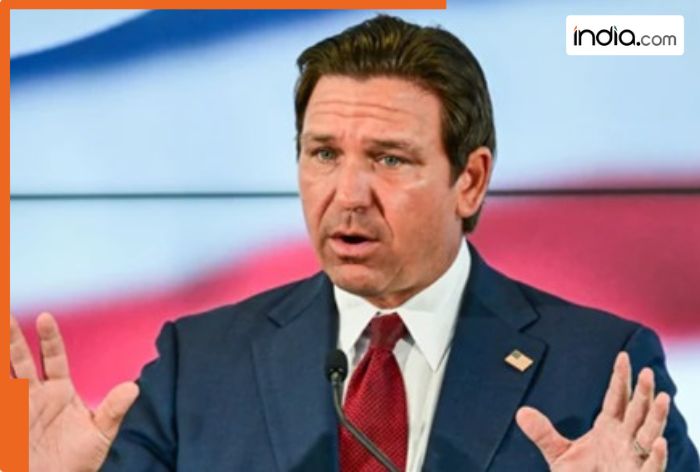Florida Governor Directs State Universities to End H-1B Hiring, Sparks Federal Authority Debate
Florida's directive to end H-1B hiring at state universities challenges federal immigration authority and impacts skilled talent acquisition in academia.

Subscribe to our newsletter and stay informed about latest H1B news, policy updates and and other developments.
Article Summary
Florida Governor Ron DeSantis announced that state universities are prohibited from hiring individuals on H-1B work visas, mandating that jobs be offered exclusively to American citizens and Florida residents. The governor stated this measure aims to prevent H-1B visa misuse and prioritize local graduates for taxpayer-funded positions. The policy also involves the Florida Department of Government Efficiency ensuring compliance and raises questions regarding a state governor's legal authority to override federal visa regulations.
Original Article: india.com
[ Sentiment: negative | Tone: factual ]
This summary and analysis were generated by TheNewsPublisher's editorial AI. This content is for informational purposes only; it does not constitute legal or immigration advice.
[ Sentiment: negative | Tone: factual ]
This summary and analysis were generated by TheNewsPublisher's editorial AI. This content is for informational purposes only; it does not constitute legal or immigration advice.
TNP AI: Key Insights
This announcement by Florida Governor Ron DeSantis creates immediate uncertainty for state universities, international researchers, and skilled professionals considering academic or research roles in Florida. Historically, universities have been exempt from the federal H-1B cap, allowing them to hire talent year-round, a distinct advantage over private sector employers. This state-level directive directly challenges that established federal framework.
The core question revolves around federal preemption: whether a state governor has the legal authority to restrict the use of a federally authorized visa program by state entities. This policy could face legal challenges, potentially leading to court rulings that clarify the boundaries of state power in immigration matters. For H-1B holders and employers, this action highlights a growing trend of state-level attempts to influence immigration policy, necessitating careful monitoring for implementation details and potential litigation.




